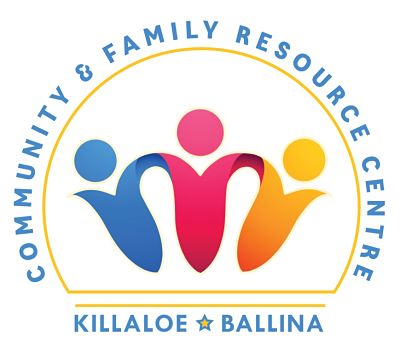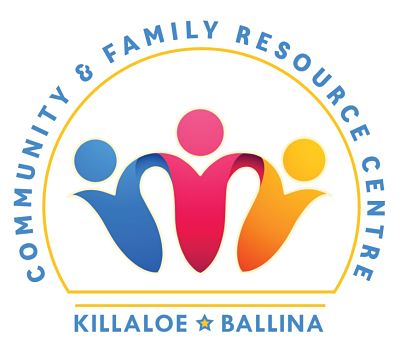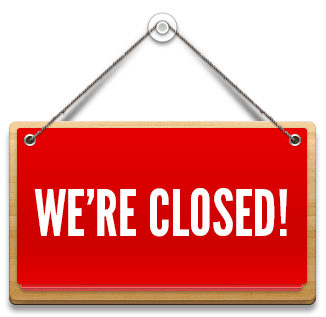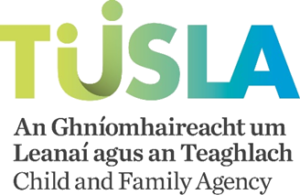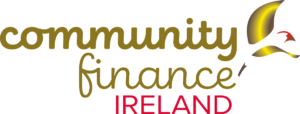Day 6: Children are Abused
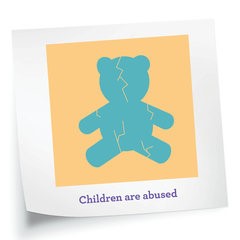 Domestic violence continues to be a very common context in which children experience abuse, with the abuser of the mother being the abuser of the children. Research shows that the more severe the domestic violence is against the mother, the higher the risk of abuse against the children in the home.
Domestic violence continues to be a very common context in which children experience abuse, with the abuser of the mother being the abuser of the children. Research shows that the more severe the domestic violence is against the mother, the higher the risk of abuse against the children in the home.
In 2016, there were 3,823 disclosures of child abuse to the Women’s Aid National Freephone Helpline.
This figure includes 3,558 disclosures of emotional abuse and 183 disclosures where children were physically or sexually abused by the perpetrator of their mother’s abuse. It also includes 82 disclosures of where children were being abused during access visits and 18 disclosures of child abduction in the context of domestic violence.
Our recent Femicide Watch 2017 tells us that 14 children were killed alongside their mothers in intimate partner homicides.
The abusive tactics used against children living with domestic violence in 2016 included:
- Children witnessing verbal, physical and sexual abuse against their mother.
- Children being slapped, punched, shouted at and called names.
- Children and their mothers being threatened with murder suicide.
- Children being sexually abused
- Children being emotionally manipulated and used against their mother
- Children being told lies about their mother by the abuser.
The abuse of the mother and children often continues after separation, especially in the context of access visits and joint custody.
Women’s Aid believes that custody and access arrangements in Family Law proceedings often disregard the impact of domestic violence on children and as a result risk continuing abuse of the children as well as exposure to abuse of their mother during the hand over period. Child contact should not outweigh child protection and safety should be prioritised in all custody and access proceedings.
Click here to visit the Women’s Aid website for helpful information on domestic violence and children and you can call our National Freephone Helpline on 1800 341 900, 24 hours, 7 days.
How is the abuse affecting my children? httpss://www.womensaid.ie/help/domesticviolence/children.html
If you have children, you have probably tried to shield them from the domestic violence as much as you possibly can. Perhaps you are hoping they do not know it is happening. However, in the majority of families where there are children, and where abuse is being perpetrated, the children will be aware of this, and will often hear it or see it going on.
Children witnessing the abuse
Children can witness domestic violence in a variety of ways. For example, they may be in the same room and may get caught in the middle of an incident, perhaps in an effort to make the violence stop; they may be in another room but be able to hear the abuse or see their mother’s physical injuries following an incident of violence; or they may be forced to take part in verbally abusing the victim. Children are completely dependent on the adults around them, and if they do not feel safe in their own homes, this can have many negative physical and emotional effects.
Child abuse
Children in domestic violence situations can, in some cases, also be abused directly by the person who is abusing you. If you suspect that this is happening, or that it has happened, it is important that you raise this issue with your children and take steps to protect them, for example, by seeking support from Women’s Aid1 or another local domestic violence organisation, or from social services or other agencies that are there to assist and protect children.
If your child, or a child you know, tells you that he/she has been abused, your immediate response is very important:
Listen carefully and let your child tell you what happened in his/her own time.
Reassure your child that he/she is not to blame for what happened (or is happening).
Let your child know he/she is very brave to tell you about it.
Show your child that you are concerned for him/her.
Try to stay calm and not let your child see how shocked you are.
If your child is at risk of further abuse (for example, if you are still living with the perpetrator, or if your children have regular contact with him) then you will need to take steps to protect him/her from further harm.
What can I do?
You may feel that you will be blamed for failing as a parent, or for asking for help, and you may worry that your children will be taken away from you if you report the violence. But you are never to blame for someone else’s abuse. You and your children need support. Call the Women’s Aid National Helpline on 1800 341 900 to help you decide what you should do next.
Parental abduction
Parental abduction is an increasing phenomenon of intercultural and mixed religion relationships. If you are worried that your children may be, or have been, abducted by their other parent this information booklet prepared by the Irish Centre for Parentally Abducted Children, may be useful. The ICPAC booklet provides basic information and advice for the Irish legal context. Download a copy here.
